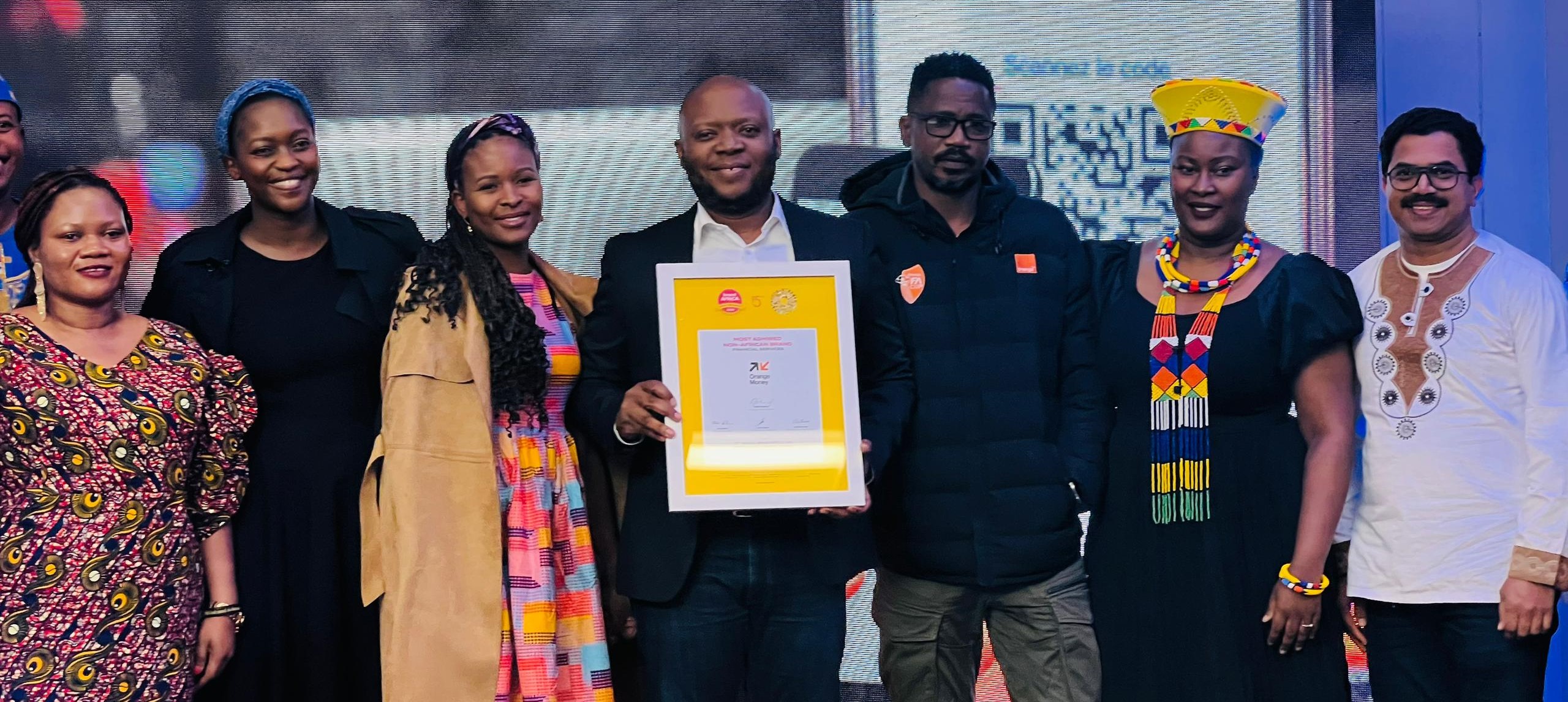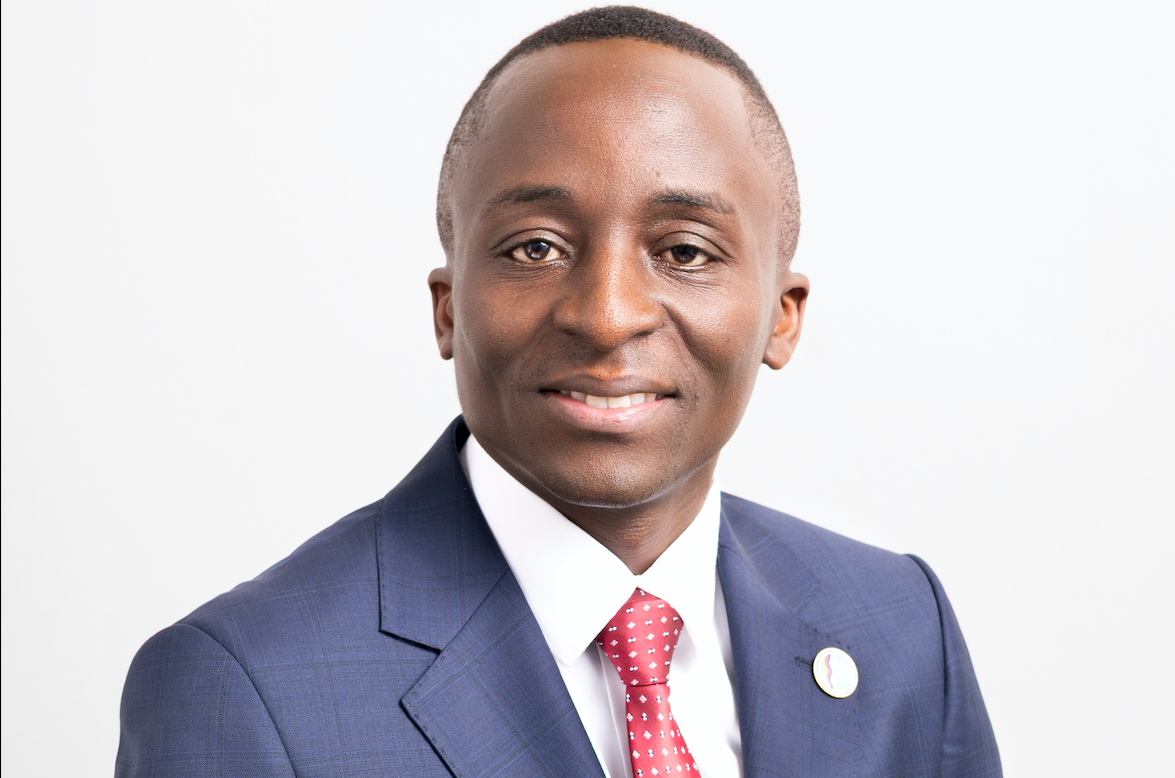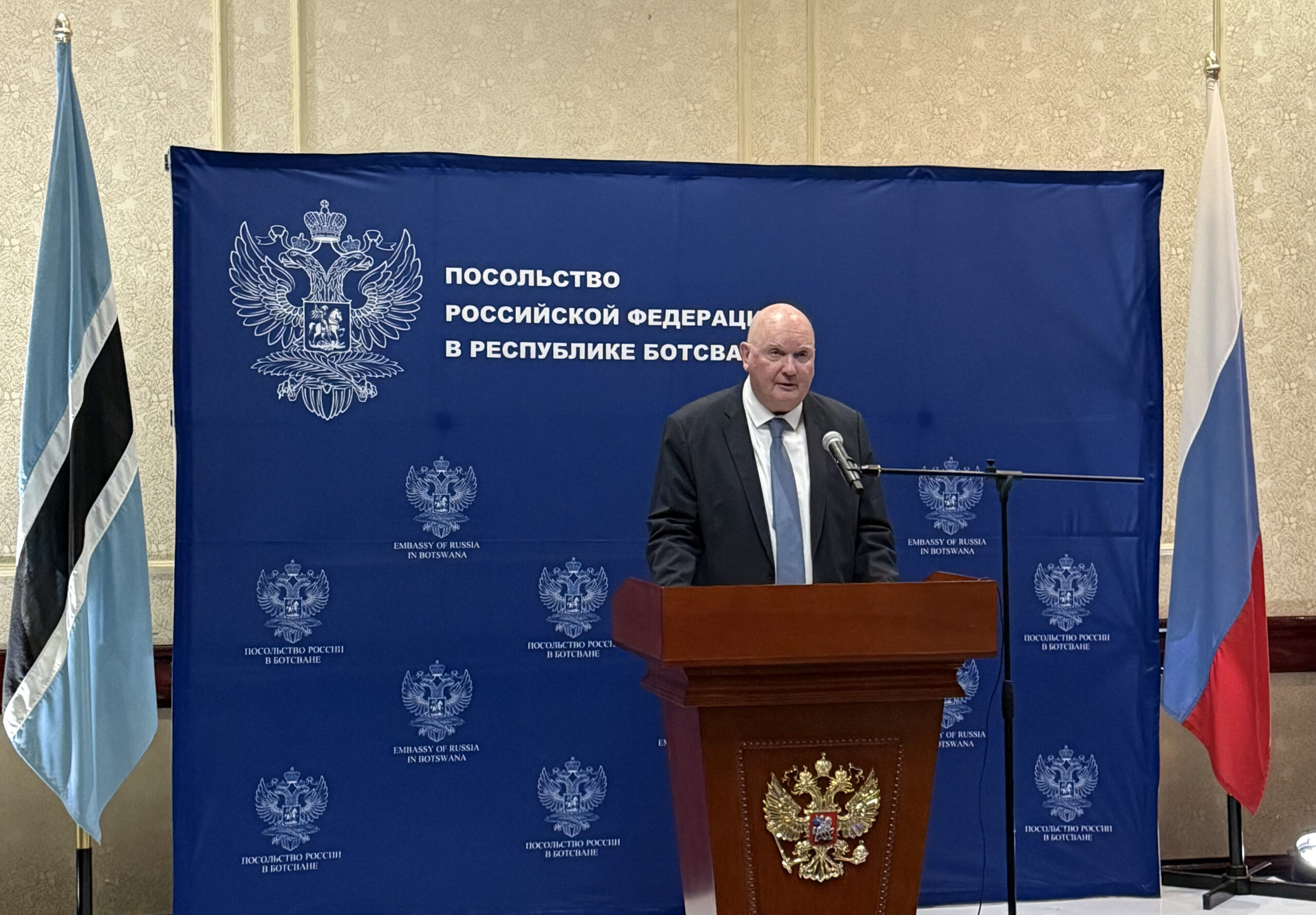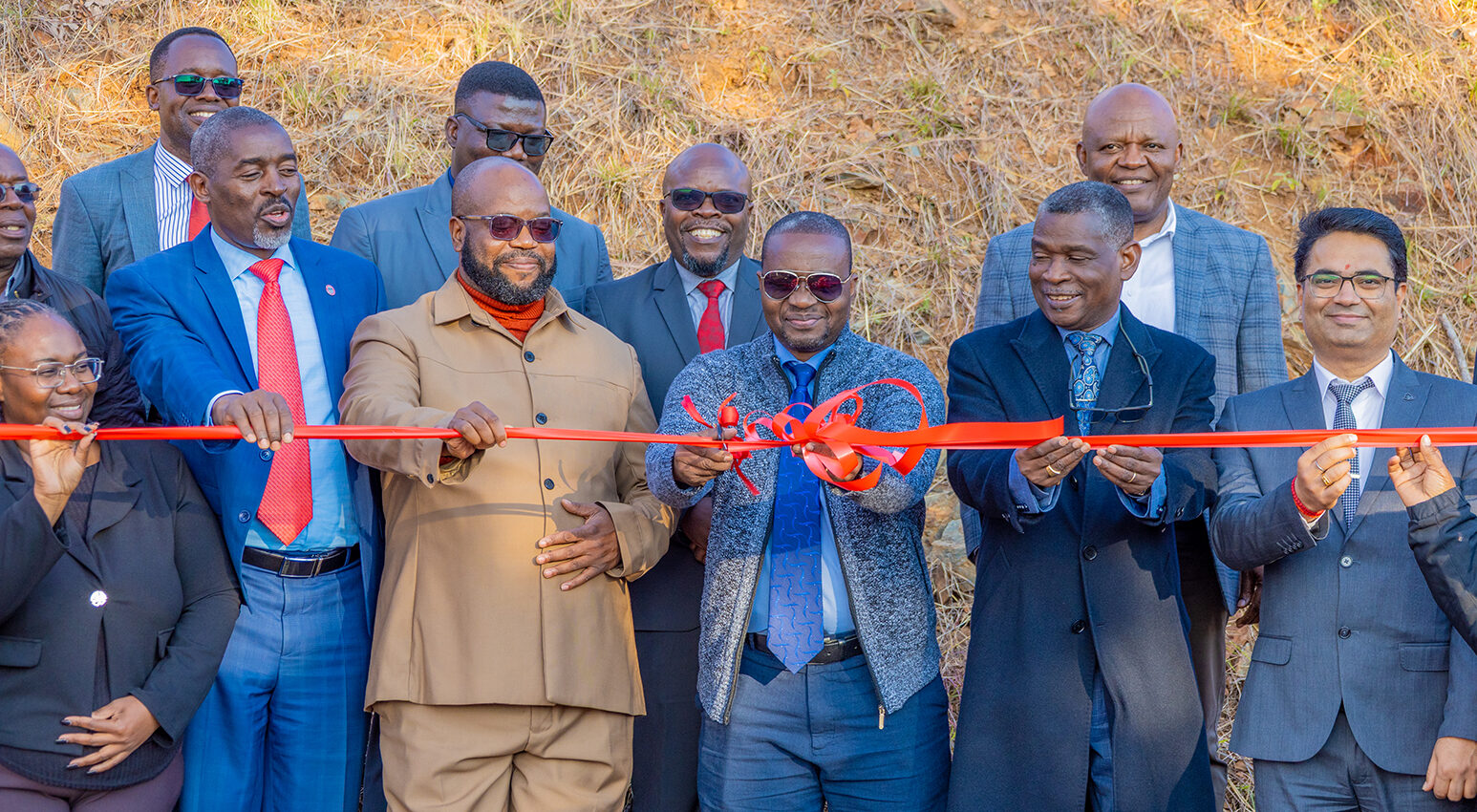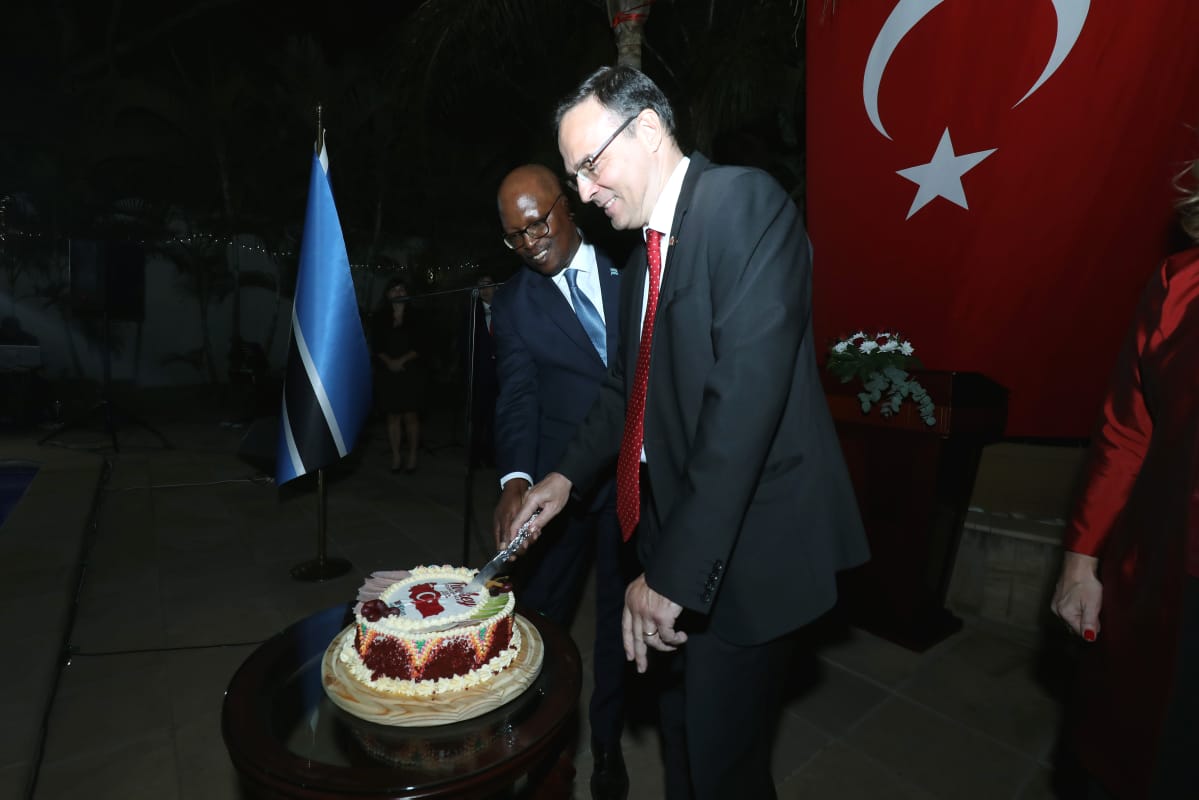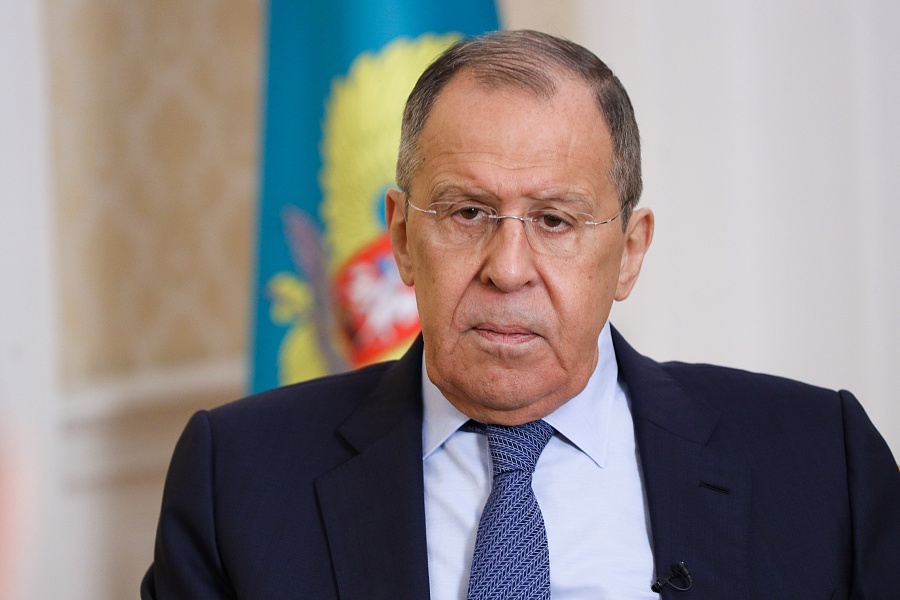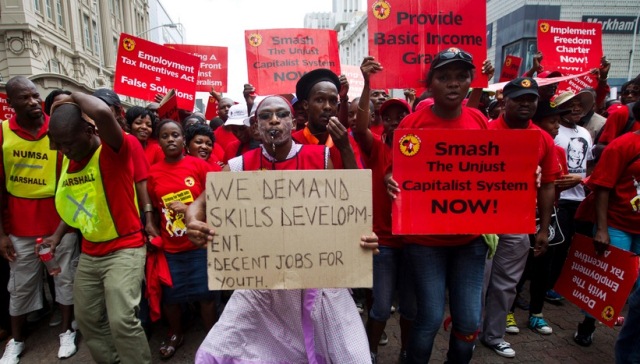
One out of three young Africans is unemployed, and the youth population will double by 2050. How can Africa create jobs for the young and avoid unrest?
Ahead of this week’s general elections in Kenya, the Independent Electoral and Boundaries Commission (IEBC) sought to register six million new young voters.
It managed to sign up only 2.5 million.
As a result, out of 22.1 million voters registered to vote, fewer than 40% were young people aged 18 to 34 years, even though people under 35 account for about three quarters of Kenya’s population of 55 million.

The IEBC attributed the lack of electoral enthusiasm on the part of young people to economic hardships and disillusionment over corruption. Many don’t see the point in getting engaged in a democratic process that has not benefited them in the past.
Instead, many young Kenyans are busy “hustling,” a word that can mean anything from running scams to working hard. In many African countries, it has come to refer to mostly young people who have struggled to get formal employment, regardless of their qualifications, and are forced to pursue ventures in the informal sector, frequently more than one at any given time, to eke out a living.
“The youths are suffering,” “I lost my job,” “I need a job” were just a few of the placards held up by young people at recent rallies across Kenya ahead of the vote.
According to the Africa Centre for Strategic Studies in Washington, DC, many young Kenyans are apathetic and “seeing little difference between the candidates and parties.” This is not for lack of effort by one of the presidential candidates, 54-year-old William Ruto, who, in a bid to galvanise young voters, has made much of his own past as a hustler who sold chickens on the street.
Many young Africans face limited opportunities for work.
High and rapidly rising youth unemployment is a recurring theme across the continent. According to the African Development Bank (AfDB), the youth population is expected to double to over 830 million by 2050.
“If properly harnessed, this increase in the working age population could support increased productivity and stronger, more inclusive economic growth across the continent,” according to the AfDB. But the reality is that out of Africa’s population of nearly 420 million aged 15 to 35 years, one third are unemployed and discouraged, another third are not secure in their jobs and only one in six is in wage employment.
“Youth face roughly double the unemployment rate of adults, with significant variation by country,” the AfDB said. “The problem is not just unemployment but underemployment, which peaks at just over half of youth in the labour force in low income countries.” Between 10 milllion and 12 million youth enter the workforce each year, but only 3.1 million jobs are created.
Unfortunately, young people’s apathy towards elections is the least of the continent’s worries.
Writing in The Conversation, Sandy Africa, an associate professor of Political Sciences at the University of Pretoria, said young people with limited opportunities for work and gaining skills often fall into drugs or alcohol abuse, petty crime or worse.
She noted former South African president Thabo Mbeki’s recent warning to his own ruling African National Congress (ANC) that its apparent lack of a plan to tackle poverty, unemployment and inequality could see the country erupt into its own version of the Arab Spring, which a decade ago saw the overthrow of regimes in Tunisia, Egypt and Libya following protests by crowds that included educated but disillusioned young citizens.
‘Youth restiveness is a ticking time bomb.’
Last year, prominent Nigerian businessman Tony Elumelu, whose foundation champions entrepreneurship in Africa, noted that 65% of the continent’s population was below the age of 35 and that many young people were not gainfully employed, a state of affairs worsened by the COVID-19 pandemic and lockdowns that lasted close to two years.
“Twenty million jobs are needed to be created annually to absorb new entrants in the labour market. Only about three million formal jobs are being created annually across Africa, and this was even before the outbreak of COVID-19 pandemic outbreak,” Elumelu said.
“Youth restiveness is a ticking time bomb, and we continue to face issues daily around extremism, banditry, robbery, senseless killing, kidnapping, political thuggery, to mention just a few.”
Drawing on data from the International Labour Organization, the World Bank said youth unemployment in Nigeria stood at nearly 20% of the labour force in the 15 to 24 year age group in 2021. By this same measure, Kenya fared better at close to 14%, but South Africa was worse off by some distance at 64.2%.
In South Africa, the ruling ANC of President Cyril Ramaphosa is clearly alive to the dangers of millions of jobless youths who, unlike their parents, were not alive during apartheid and feel no loyalty to the former liberation movement. The party has seen a steady decline in electoral support since coming to power in 1994, and political pundits are predicting it will fall below 50% at the next elections in 2024.
“We still have much work to do to overcome the challenge of unemployment, poverty and inequality,” Ramaphosa told a recent ANC policy conference.
“Youth unemployment is our greatest concern. Two thirds of the more than one million young people who enter the labour market each year are not being absorbed in any form of employment, education or training. The number of work-seekers is growing significantly faster than the number of jobs.”
Around 80% of all the people employed in South Africa have jobs in the private sector, and Ramaphosa’s government has acknowledged it needs to do more to create the conditions that will enable businesses, both big and small, to emerge, grow and hire more employees.
Could a ‘hustle economy’ help?
But for now, young people are getting the short end of the stick in a job market that is skewed towards senior jobs requiring experience. And not enough companies are willing to invest in helping them gain that experience.
“When I’m looking for a programmer, I will take one junior person out of 12 programmers because what I’m doing has to be up to global standards. The problem is that I’m competing with the rest of the world,” said a Johannesburg-based IT manager at a commercial bank. “Business must come together and work on this with the government, which clearly cannot go it alone.”
Many prominent Africans like Elumelu and Ghanaian Fred Swaniker, the founder and chief executive of the Africa leadership group, believe the key to the jobs dilemma lies in young people becoming their own employers.
“Africa is on the precipice of an unemployment crisis like the world has never seen,” Swaniker wrote in a testimonial touting the work of the Anzisha Program, which aims to raise the number of entrepreneurs who can generate jobs on the continent. “An abundance of young entrepreneurs will be essential to unleashing the cyclone of job creation the continent needs to evade this humanitarian catastrophe.”
The African Foundation, another public benefit organisation working in South Africa, Kenya, Tanzania, Mozambique, Botswana and Namibia, has launched what it calls its “hustle economy” programme, which recognises that Africans are the quintessential entrepreneurs and have always used whatever skills they have at their disposal to make a living as farmers, herders, crafters, artisans or micro-business owners.
“Hustling for a living or having one (or several) side-hustles has become the informal sector’s answer to some form of job security in a market riddled with unemployment and lack of opportunity,” it said.
Questions to consider:
- Many unemployed and disillusioned young Africans see no point in voting. Are they right?
- What incentives should governments offer companies to take on more young, unskilled labour?
- Is entrepreneurship the way to go? Should young people get out of the mindset of looking for jobs?
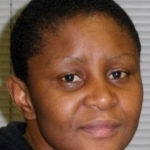
SOURCE: news-decoder.com
